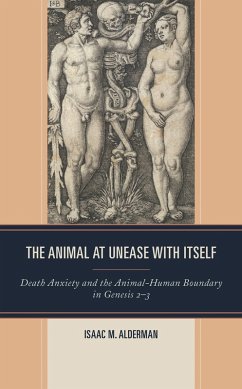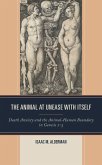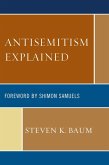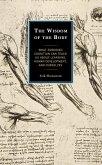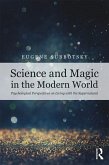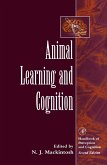Quoting Derrida, in The Animal at Unease with Itself: Death Anxiety and the Animal-Human Boundary in Genesis 2-3 Isaac M. Alderman draws attention to the fact that humans are the only animals who are disturbed by nakedness. This unease with regard to our own bodies is an important aspect of the study of disgust and death anxiety. Alderman seeks to apply terror management theorists' focus on death anxiety to biblical studies and to utilize the concept of animal reminder disgust??the visceral reaction to reminders of our animality??to better understand the opening chapters of Genesis, dealing particularly with themes of mortality, the human body, and the animal-human boundary in those chapters. After describing relevant aspects of cognitive science, terror management theory, and animal reminder disgust, Alderman demonstrates, using Genesis 2?3 (and the role of clothing as a marker of the animal-human boundary there) as a case study, that an interdisciplinary approach that draws on cognitive science can illumine the biblical text in important ways.
Bitte wählen Sie Ihr Anliegen aus.
Rechnungen
Retourenschein anfordern
Bestellstatus
Storno

